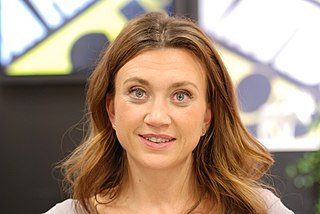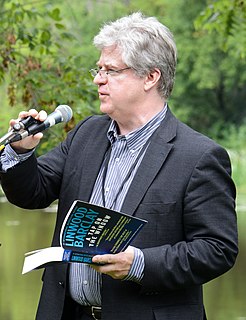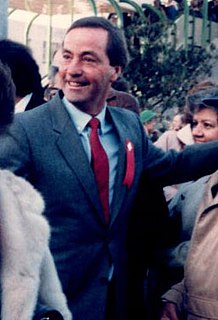A Quote by John Connolly
There is a very conservative element of crime writers that don't recognise what I do is crime fiction.
Quote Topics
Related Quotes
I grew up reading crime fiction mysteries, true crime - a lot of true crime - and it is traditionally a male dominated field from the outside, but from the inside what we know, those of us who read it, is that women buy the most crime fiction, they are by far the biggest readers of true crime, and there's a voracious appetite among women for these stories, and I know I feel it - since I was quite small I wanted to go to those dark places.
The best crime stories are always about the crime and its consequences - you know, 'Crime And Punishment' is the classic. Where you have the crime, and its consequences are the story, but considering the crime and the consequences makes you think about the society in which the crime takes place, if you see what I mean.
Once I got interested in organized crime, and, specifically, Jewish organized crime, I got very interested in it. I have learned that, like my narrator Hannah, I'm a crime writer in my own peculiar way. Crime with a capital "C" is the subject that I'm stuck with - even Sway is about "crime" in a certain way. The nice thing about crime is that it enables you to deal with some big questioO






































